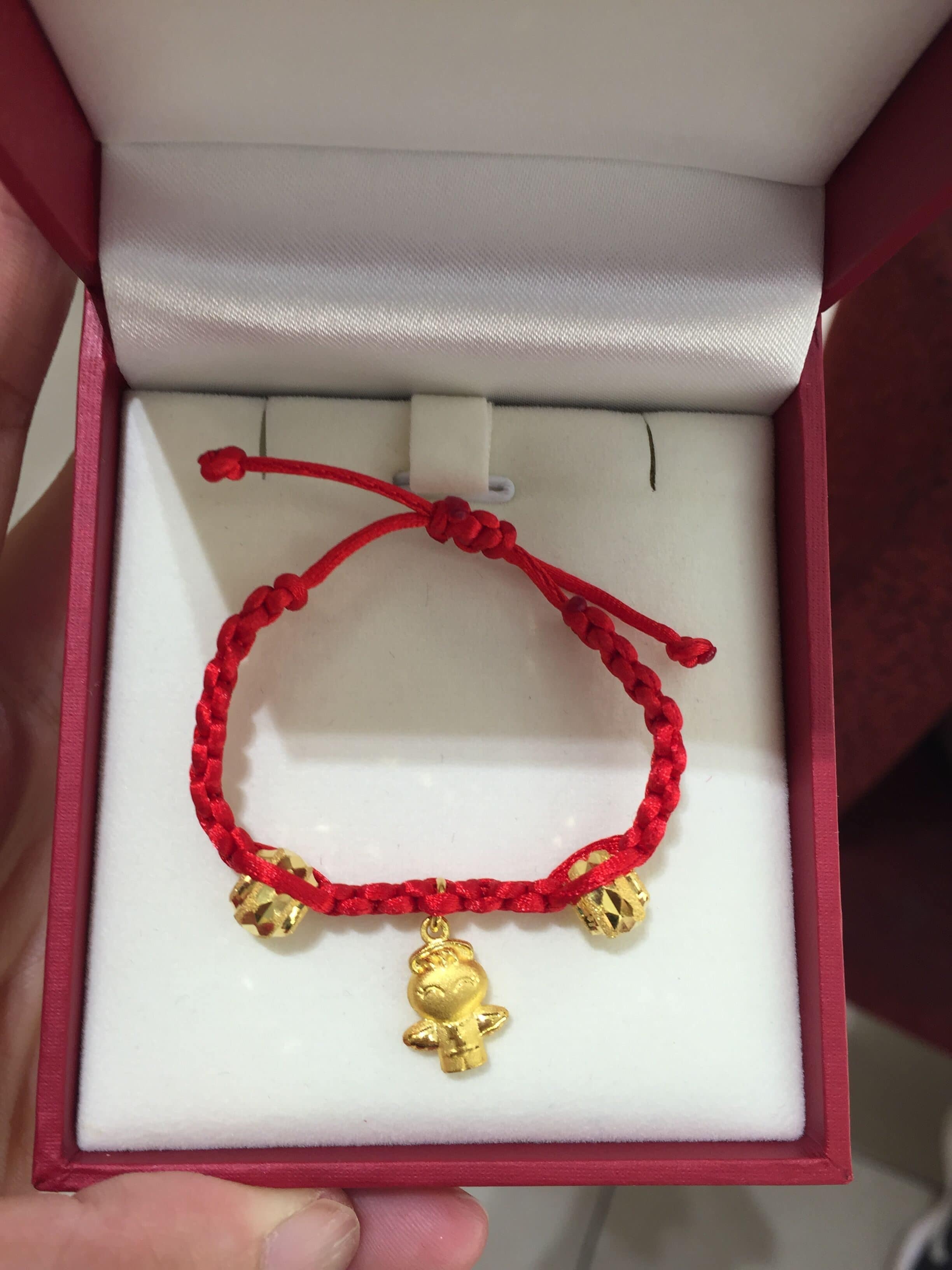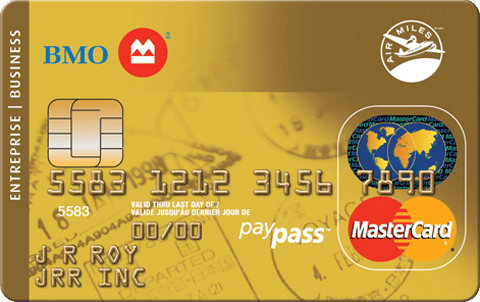Five Incredible Things About Importing from China
In part 1 of this post, I listed 5 of my least favorite things about running an import business. Yet, it is not all doom and gloom. In fact, the vast majority of the time I'm extremely grateful for running an import business opposed to other types of businesses. Here are five of my favorite things about importing from China.
Dealing With the Chinese is Incredible Sometimes

I had two Suppliers send me and my wife a small gift for our daughter (see above). When you visit China they'll go out of their way to make you feel at home. Even if you're only making orders for a few hundred or few thousand dollars, as a guest to their country, they'll lavish you with amazing meals (well, if you like Chinese food) and sight seeing. I've dealt with vendors in North America who I spend tens of thousands of dollars with a year who have not so much as sent me a Christmas card during the holidays.
Moreover, while most veteran importers have a rotten story or two of doing business with the Chinese (see part 1), the truth of it is, as a developing country with huge cultural differences, doing business with the Chinese is often extremely professional and hassle free.
Selling Physical Products are Often Easier to Sell than Services
My father runs a direct-mail advertising company and like every good son, I worked for his company when I was younger. Selling a tangible physical product, at least in my opinion, is infinitely easier than selling an intangible service. You can take your product that you've imported from China and illustrate its features and benefits, either in-person or online. Even if you've created the next amazing version of Angry Birds or other software, it's still easier to sell to a customer when they know that they are going to walk away with a real physical product in their hands once they fork over their credit card info.
People might hate to be sold to, but they love to buy and this couldn't be more true than with the products that you're importing from China.
Upfront Investment in Inventory is Often Less Risky than Other Startup Expenses
When you first start your business, the bulk of the investment is going to be in inventory. Contrast this to many businesses where your initial investment may be in leases, staffing, and quickly depreciating assets. The inventory you import from China has a real value. For example, if you buy $1000 worth of inventory, you might not be able to sell it for the profit you hoped for. In fact, you might not be able to sell it for any profit. BUT it's rare you won't be able to liquidate that inventory, be it locally or on eBay, for something.
Moreover, going to a bank and asking for a loan or line of credit against physical inventory that can be collateralized, is a lot easier than asking for money for staffing, leases, or software development.
You Can Put Your Business on Auto Pilot for Stretches of a Time
The real grunt work of importing is finding great products, finding great Suppliers, marketing these products, and managing logistics. But once you've done these four things,the hard part of your job is more or less done. Especially with third party fulfillment, once you have your great products and done great marketing, you can essentially set it and forget it, at least for a week or two.
A couple of weeks off might sound like a let down to some people who have passive income dreams of money being mysteriously deposited into their bank account each week until they're able to collect old age security. The reality is, a couple of weeks off while your business is still creating revenue is a pipe dream for many entrepreneurs. Don't believe me? Ask any restaurant owner! In fact, I would argue something as basic as this blog, requires more continuous maintenance than my import business at times.
Your Revenues Will be Huge (and So Will Your Reward Points Balances)
Selling products, whether through retail or wholesale, almost always results in huge revenues. Keep in mind, revenues seldom have any relation to profitability- I could easily have a billion dollar business selling $10 bills for a dollar. In importing, 20% net margins are huge.

While I am a huge believer in the saying ‘Revenues are vanity, profits are sanity” others often view your company's revenues as a false barometer for success (admittedly, I've even been guilty of milking this mentality before). You can puff your chest out and proudly proclaim ‘my company does over xyz in revenue!'.
Now ego aside, there are some actual benefits to having large top line numbers. Other businesses and vendors, be it credit card processors or UPS, will often be more eager (and offer larger discounts) to do business with a business with larger revenues. And my favorite- you will inherently rack up huge credit card reward points. By charging your freight charges alone to a credit card, you're almost guaranteed to get at least one free reward points trip a year (I haven't payed for a non-business hotel in years).
Conclusion
I'm sure I've missed some obvious examples of wonderful things about running an import business, but these are among my top five.
Are you an importer? Have you discovered any wonderful experiences about importing from China, or importing in general? If so, please share them in the comments section below.




Hi David,
I came across your site today and felt it worth reaching out with a couple of questions. I hope you don’t mind.
I am looking at importing a few products into the UK due to my interest in the subject. I work in sales but feel I could make a more enjoyable living myself, sourcing products and selling them through Amazon/ebay initially and then looking at hosting my own site.
One of the big questions I have, which I feel is not answered clearly on the sites I have read, is the subject of shipping.
I can see how I could reach out to suppliers in the East and establish relationships with a view to purchase. I can see that I can list products on Amazon etc but how does the importing eement work?
Do most suppliers arrange this for you? Are you better at working with a freight forwarding company (difficult I imagine when starting small)?. Who works out import costs etc?
Any clarity you could provide would be most appreciated.
I look forward to hearing from you.
Kind regard,
Ben
P.S. I enjoyed reading your site, keep up the good work.
Hi Ben,
Anyone of any size can work with a freight forwarding company – in fact, normally it’s smaller companies who deal with them in the first place (a larger company will handle all of their own logistics typically, especially domestically)
With that being said, you’re easiest thing to do is to just ask your Supplier to arrange for shipping and bill you for it. It doesn’t matter if it’s air or sea. They’ll always have the connections and they’ll often get a better rate than you.